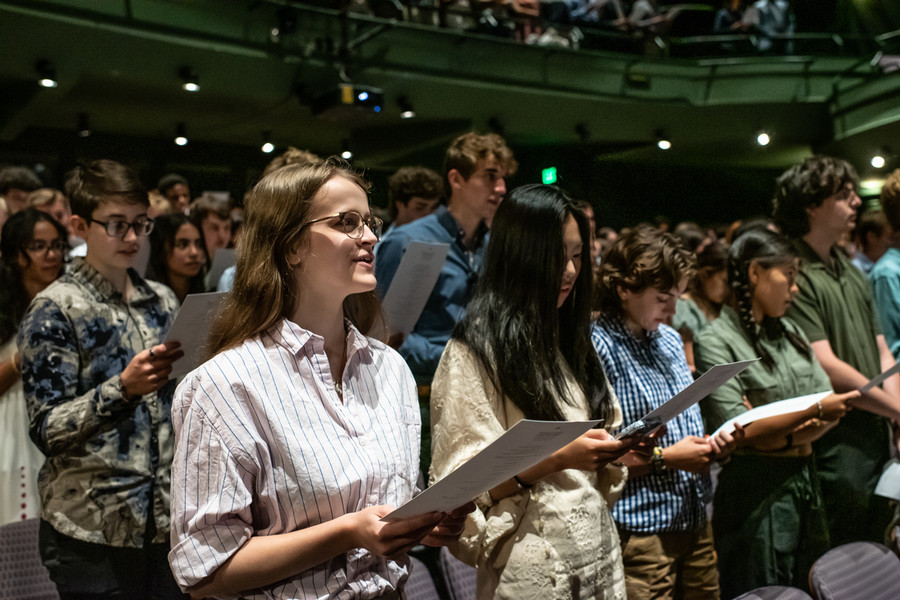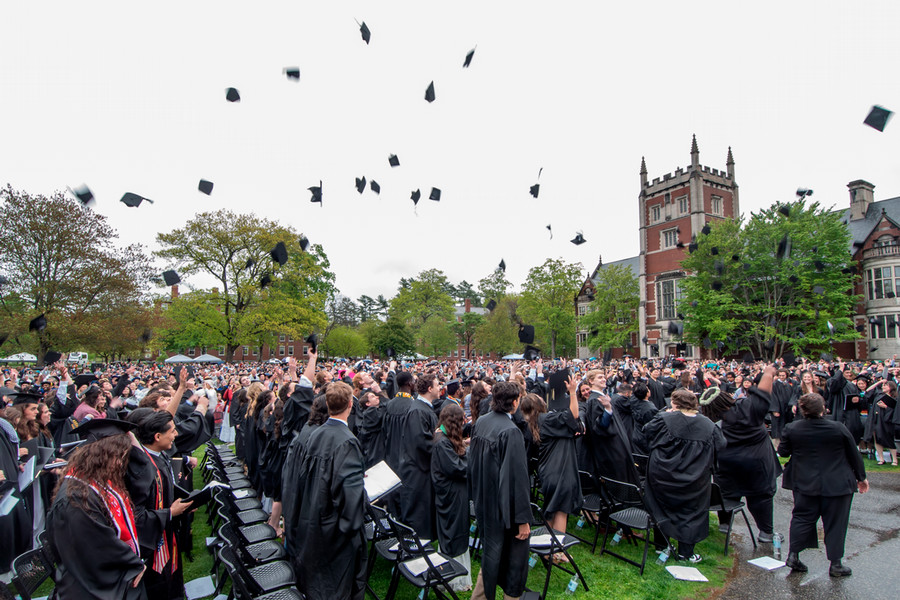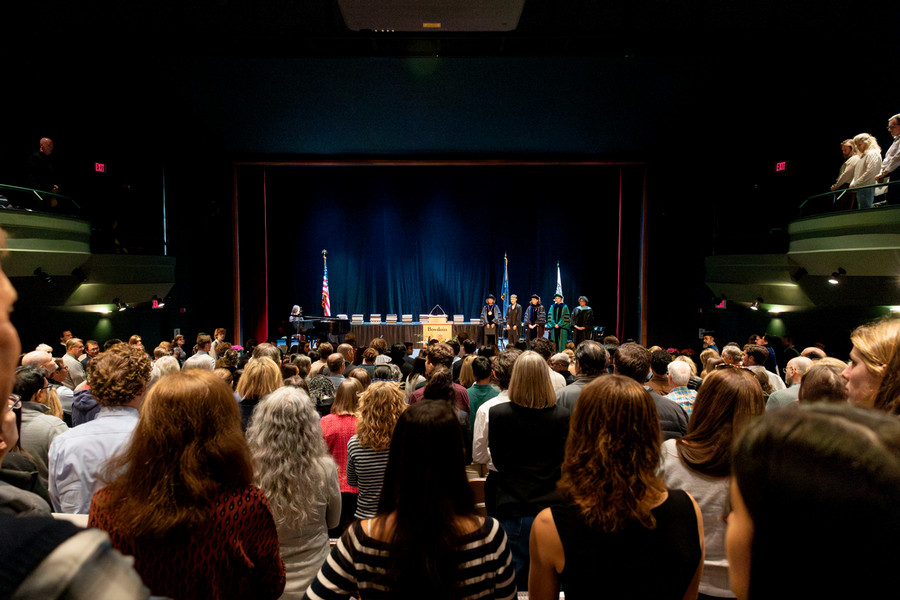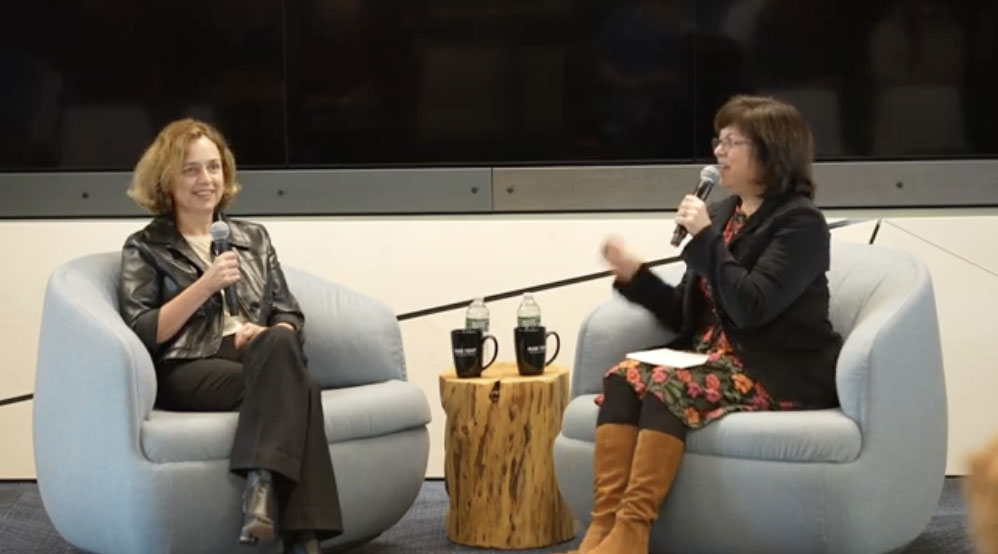Honorary Degree Recipient Dr. Anthony Fauci Lauds Basic Biomedical Research
By Rebecca GoldfineDr. Anthony Fauci, who is receiving an honorary degree at Bowdoin's Commencement this year, spoke with moderator Dr. Judith Currier ’79 about the years of research that preceded recent vaccine breakthroughs, and other COVID-19 topics.
The unprecedented development of several highly effective COVID-19 vaccines in just under a year was abetted by many years of basic and clinical biomedical research, Fauci emphasized several times during his conversation with Currier.
Currier is a professor of medicine and chief of the division of infectious disease at UCLA, while Fauci, director of the National Institute of Allergy and Infectious Diseases (NIAID), helped lead the US response to the global COVID-19 pandemic.
Nobody should hesitate to get the vaccine out of concern that it was developed too quickly, he said. "The bottom line is that when people say it took too short a time, you must have rushed [the vaccine], we didn't rush it. It was years, literally decades, of basic biomedical and clinical research" that led to the roll-out of safe coronavirus vaccinations starting in December 2020.
The messenger RNA (mRNA) technology used for the Pfizer and Moderna vaccines is now also being applied to the development of a new generation of inoculations for malaria, tuberculosis, and HIV, Fauci said. "I believe it will transform the field. Even in the field of cancer immunology, the mRNA technology is looked upon with a considerable degree of excitement."
Going forward, Fauci said continued investment in basic biomedical research could help ward off future pandemics.
Additionally, to prevent another new virus from spreading around the globe, he recommended that nations address the threats posed by interactions between humans and wild animals.
"I know that is tough because you're encroaching on the customs and traditions" in different parts of the world, he said, mentioning specifically markets where live wild animals are sold for food. "The human-animal interface is a risky proposition, and I think there needs to be some universal global regulation of that." While it is still uncertain where COVID-19 originated, he cited SARS-CoV-I and MERS-CoV as examples where novel viruses jumped from animals to humans. The first was transmitted from a bat to a civet cat to a human, and MERS jumped from a bat to a camel to humans.
The challenge facing the US now is how to help deliver vaccinations to billions of people in less-wealthy countries, Fauci said.
"We need to mobilize the vaccine production capability of the world so we don't have a two-, three-year lag before people in lower- and middle-income countries get vaccines, because that will literally mean at least a million deaths, and maybe more, which is unacceptable."
Watch others in the series of 2021 honorary degree recipient fireside chats:



